How To Create A Facebook Chatbot For Your Business
Forget the Metaverse; there's been a stir in the tech world that Meta, formerly Facebook, is amplifying its foray into artificial intelligence (AI) by integrating chatbots into its flagship platforms: WhatsApp, Messenger, Facebook, and Instagram. Axios reports that Mark Zuckerberg himself disclosed these exciting plans.
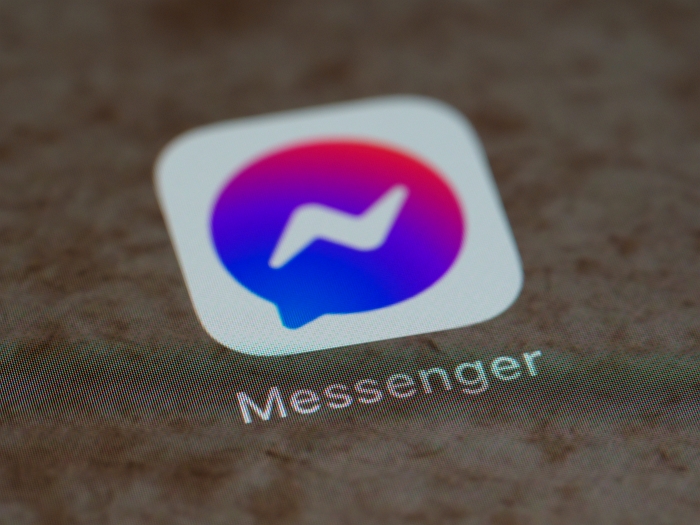
Chatbots are a familiar phenomenon for businesses. They have been successfully used for customer service, lead generation, and driving engagement, among other things. These virtual assistants have revolutionized business interactions, delivering round-the-clock service and instant responses, creating a streamlined experience for businesses and their clients.
As Meta continues to grow and innovate, and with nearly 3 billion Facebook users worldwide, the importance and functionality of Facebook bots are set to expand, offering even more opportunities for businesses to optimize their customer interactions.
How might implementing your own Facebook AI chatbot be an asset to your business? Let's delve a little deeper into the realm of Facebook chatbots and uncover how they work and their business capabilities.
Understanding Facebook Chatbots
Facebook chatbots, often termed 'Facebook messenger bots,' are dynamic tools within AI. They're designed to conduct meaningful and automated interactions on Facebook's Messenger platform, fueled by advanced technologies like Natural Language Processing (NLP) and Machine Learning (ML).
The cornerstone of Facebook AI chatbots is their capacity for automated messaging. For example, a clothing retailer's chatbot could handle diverse inquiries, answering questions about store hours, return policies, or the availability of specific items. With their ability to simultaneously engage with multiple users, they offer a round-the-clock service, optimizing customer interactions and enhancing response times.
Personalization is also at the core of Facebook chatbots. Imagine an event organizer employing a chatbot to engage with users. This bot could provide customized event details, suggest bands aligning with a user's music preference, or even guide ticket purchasing. Through these personalized interactions, chatbots can significantly boost user engagement.
Furthermore, chatbots also play a pivotal role in lead generation. To illustrate, a real estate business's chatbot could capture visitor information, gauge interest in specific property types, and swiftly alert the sales team about potential leads.
In a nutshell, the integration of AI-driven Facebook chatbots, akin to Meta's planned rollouts, has revolutionized digital user-business interactions, making them more efficient, personalized, and streamlined.
Business Applications of Facebook Chatbots
From knowledge to application, Facebook chatbots find utility in a multitude of business applications. Their diverse capabilities, including targeted marketing, customer service automation, and increased sales, allow for an impactful enhancement of various business operations. Below are just some of the popular applications businesses can use on Facebook bots.
1Targeted Marketing
Chatbot marketing presents a novel and effective way to engage users, providing personalized content without using Facebook or Messenger ads. Chatbots can offer highly individualized promotional content and product recommendations by engaging users through interactive dialogue.
For instance, a cosmetic brand's chatbot could ask demographic information such as a customer's skin type and suggest relevant skincare products. This demonstrates how chatbots facilitate a more precise, user-centered marketing approach, moving beyond traditional ad-based strategies.
2Customer Service Automation
Chatbots revolutionize customer service, providing automation that effectively handles routine queries and issues. This extends to booking appointments, tracking deliveries, or troubleshooting simple problems. For instance, a restaurant's chatbot could confirm reservations, modify bookings, or provide dietary information about the menu, all without human intervention.
3Increasing Sales
With conversational abilities, chatbots can smoothly guide customers through the sales funnel. In an e-commerce setup, a chatbot might help users compare product features, check for discounts, and expedite checkout, directly boosting sales.
As we've seen, Facebook bots can enhance business performance, elevate customer experience, and drive growth. With a clearer understanding of their applications, we can now examine the steps in creating one for your business.
How to Create and Set Up Facebook Chatbots
Creating a Facebook chatbot may sound technical, but with the proper guidance, it's pretty straightforward. Luckily for you, we’ve developed a simple step-by-step guide on how you can build and deploy a chatbot for your Facebook page:
1. Define Your Objective
The first step is understanding why you need a chatbot. Do you want it for customer service, sales, lead generation, or maybe a mix? Defining the objective helps in designing effective chatbot workflows and dialogues. For instance, a chatbot aimed at providing customer service would be programmed to answer FAQs. At the same time, a sales-driven one might focus on product recommendations.
2. Choose a Chatbot Development Platform
Several platforms offer easy chatbot creation and integration tools. Chatfuel and ManyChat are among the most popular for Facebook Messenger bots. Still, others like MobileMonkey, Botsify, and Dialogflow offer impressive features. Your choice depends on your requirements, budget, and the complexity of your bot.
3. Configure Messenger Platform Settings
Once you have chosen your chatbot platform, you need to configure the Messenger settings. This is usually done in the Facebook page settings under the 'Messenger platform' section. Here you can manage the chatbot's ability to reply automatically, customize your greeting text, and more.
4. Build Chatbot Flows and Dialogues
This step involves designing the conversational flows and scripting dialogues for your chatbot. The aim is to create engaging and helpful interactions that align with your business goals. For example, a chatbot for a travel agency might have a dialogue flow that begins with understanding the user's travel preferences, moving on to suggest packages, and finally guiding the user to booking.
5. Integrate Your Chatbot with Facebook Messenger
It's time to link it to Facebook Messenger. The process might vary depending on the chatbot development platform you end up using. Still, it usually involves authorizing the platform to access your Facebook page. Remember, your page must be published and have admin access to connect a chatbot.
6. Publish Your Chatbot
Once your chatbot is integrated and tested, you can go live. This makes your chatbot available to users who interact with your Facebook page via Messenger messenger bots. You should announce its launch to let your customers know about your new service channel.
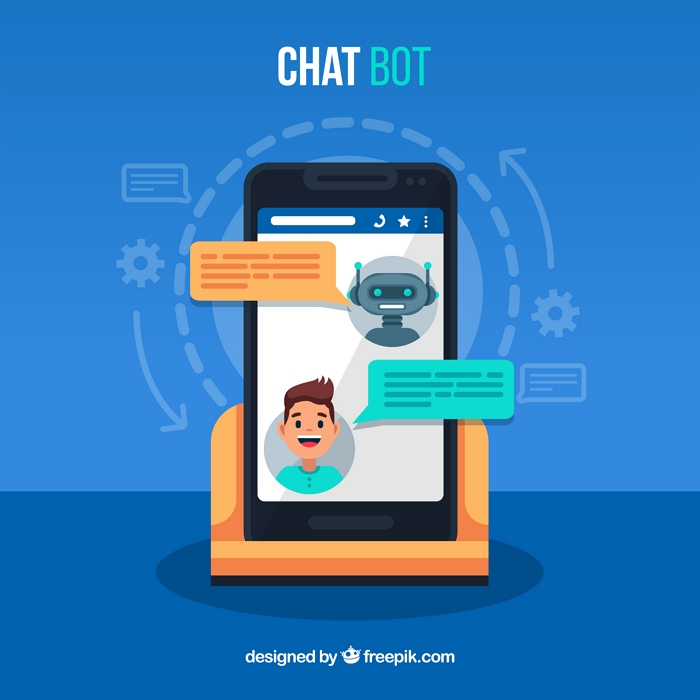
Note on Facebook Chatbot Pricing
The cost of running a Facebook bots varies depending on your chosen platform. Some chatbot builders offer a free plan with basic features. Still, you should upgrade to a paid plan for more advanced features like integrations, analytics, or priority support.
Prices for these can fluctuate between $10 and $300 a month, dictated by the chatbot's capabilities and the volume of subscribers. It's vital to comprehend what your investment is procuring and pick a plan that aligns with your business requirements and budget.
And there we have it; setting up a Facebook AI chatbot doesn't have to be complex. With clear objectives and tools, you can easily deploy a chatbot that enhances your business operations and elevates the customer experience.
Final Thoughts
The emergence of AI chatbots, particularly on platforms like Facebook, marks a turning point in digital customer interactions. Facebook chatbots, armed with capabilities ranging from automated messaging to personalized responses, can redefine customer experiences and streamline operations.
Throughout this piece, we've unpacked the workings of Facebook chatbots, their utility in business scenarios, and how to set one up, from defining your goals to finally deploying your bot. The cost aspect, an important factor, was also touched upon.
As technology advances, businesses can expect a future where AI chatbots become increasingly sophisticated, providing even greater value. Hence, investing in Facebook bots is beneficial and becoming indispensable for those who wish to stay ahead of the curve. So, take the plunge, and watch your customer engagement and business growth soar.
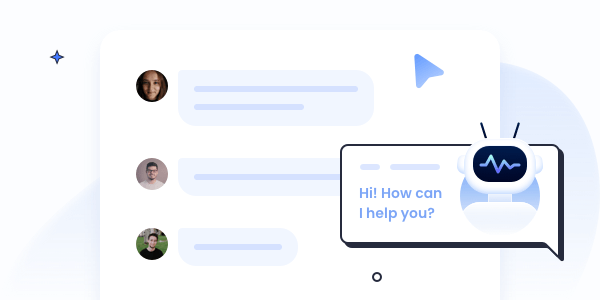
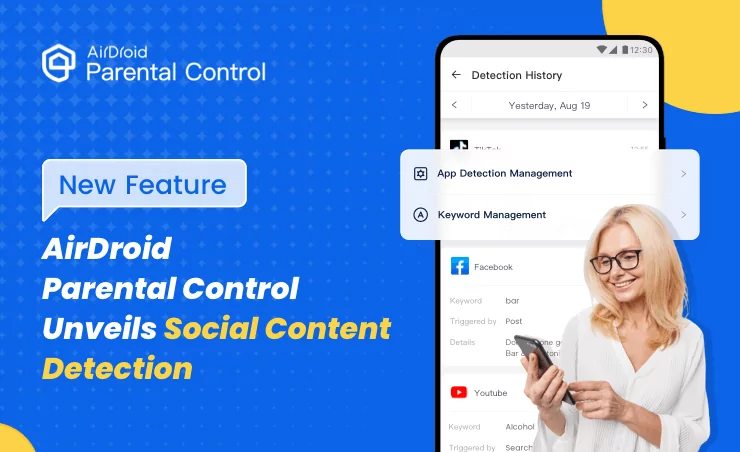
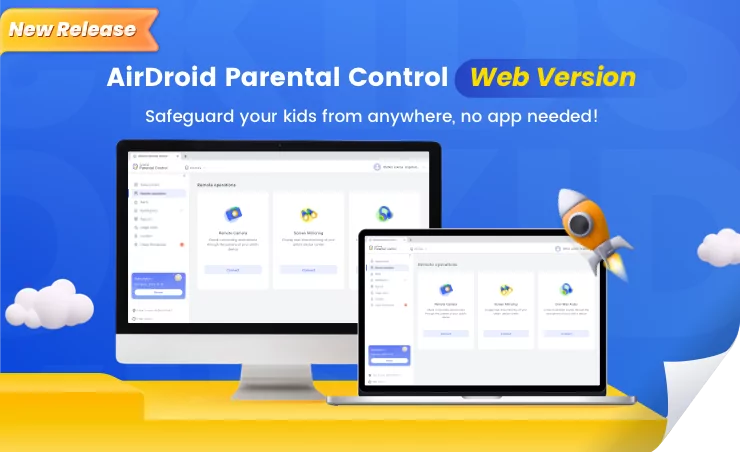
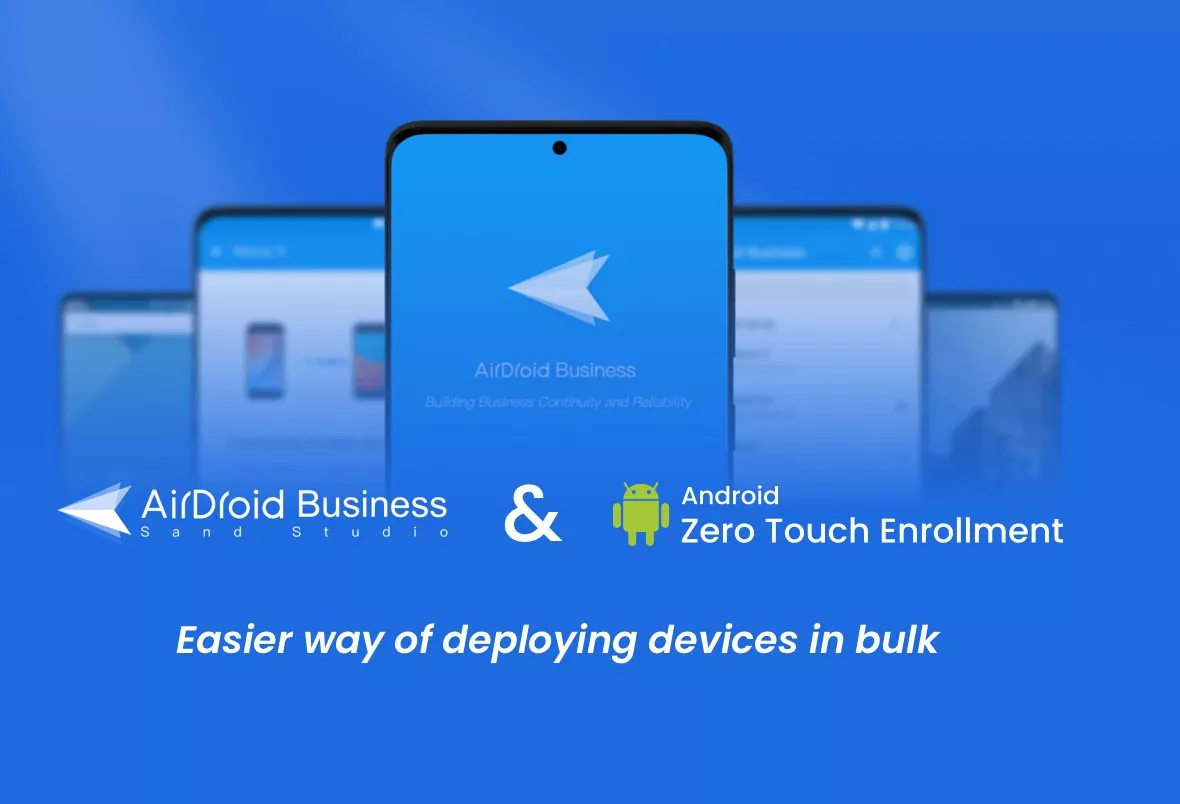
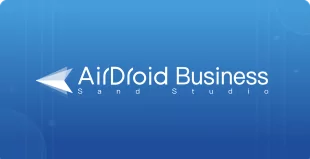
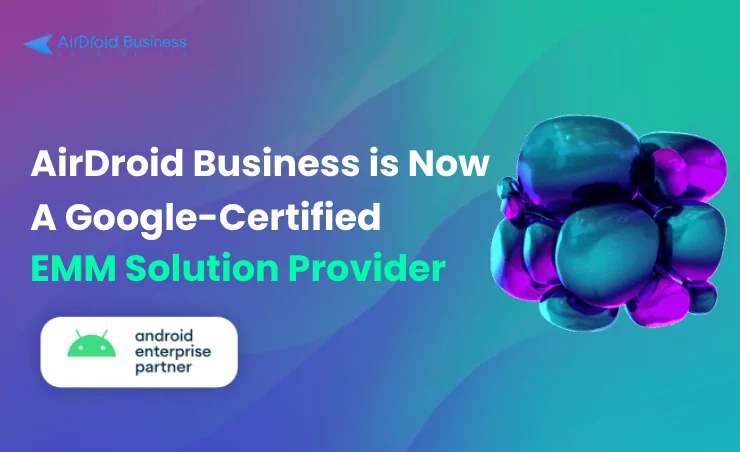



Leave a Reply.